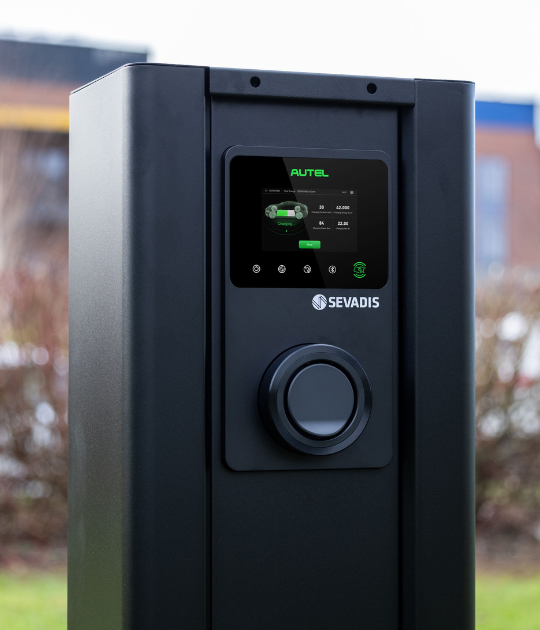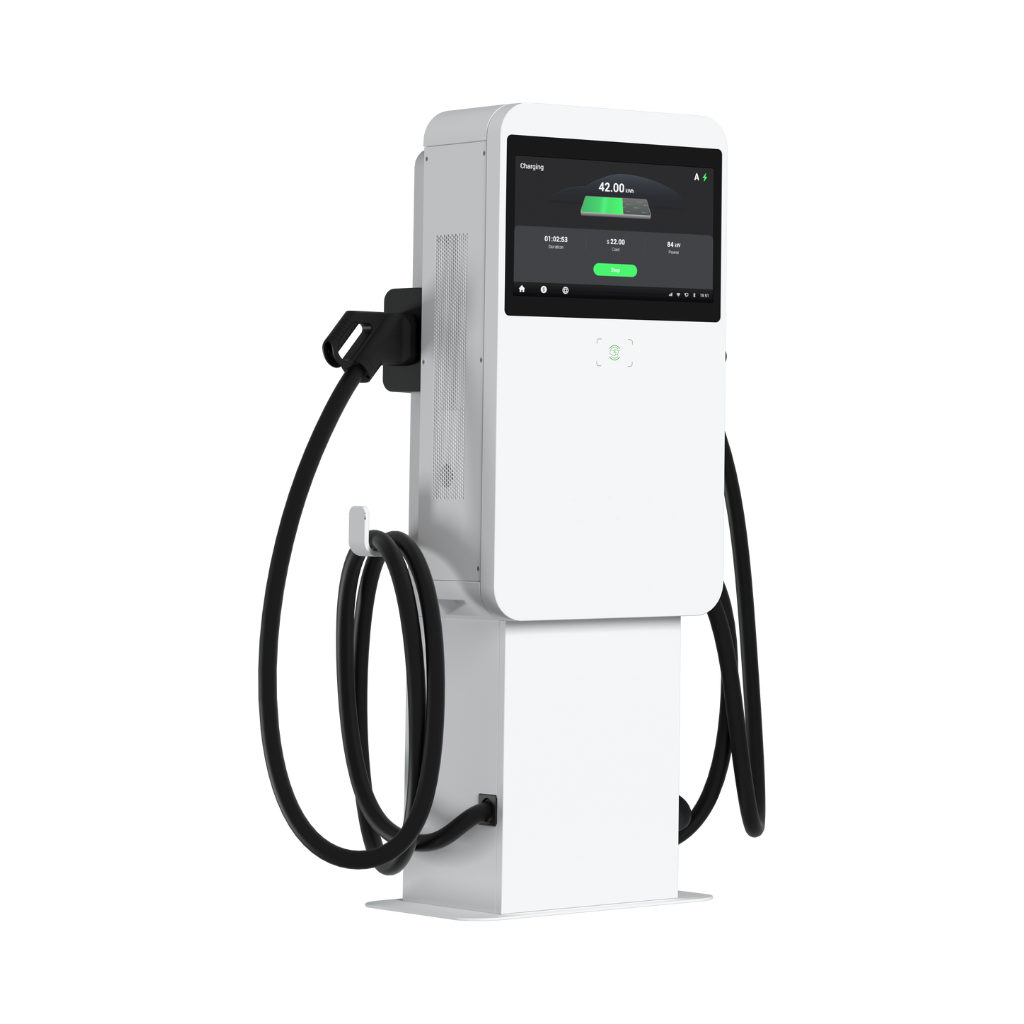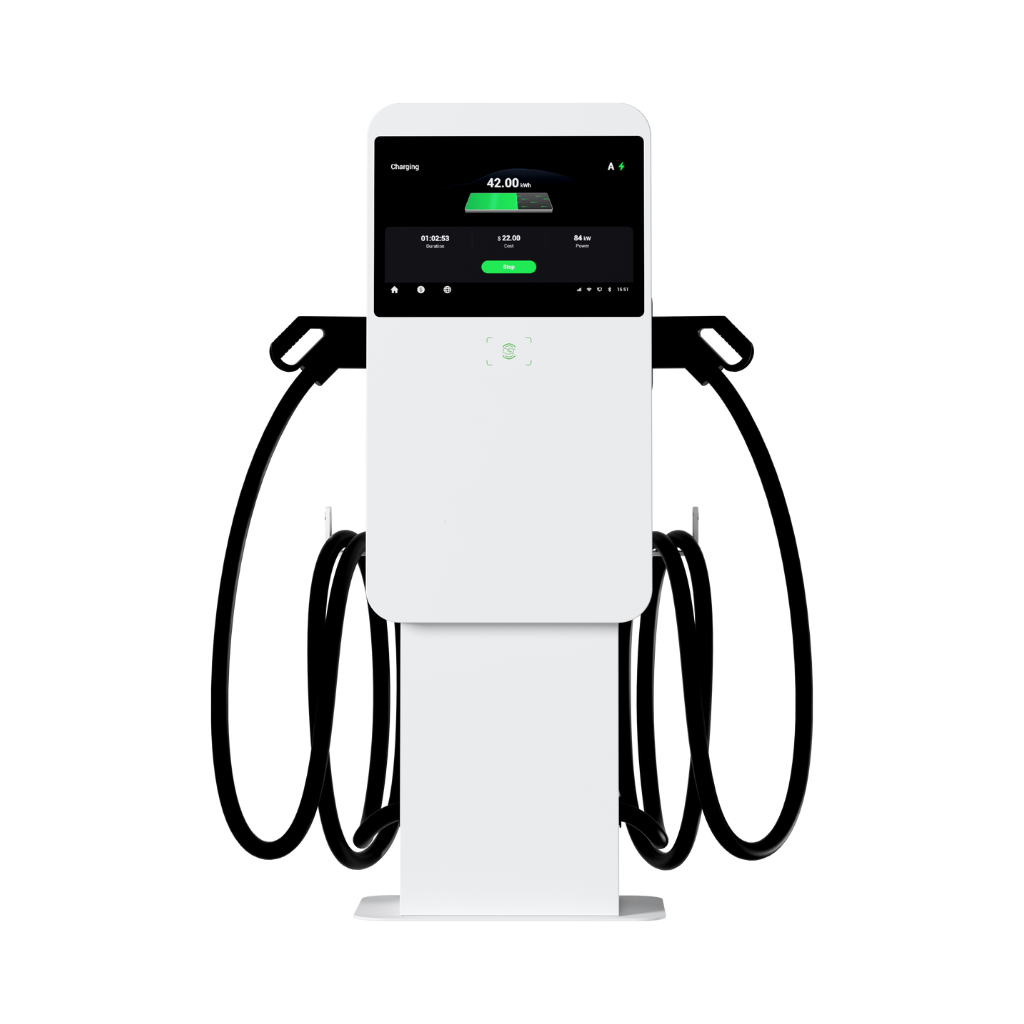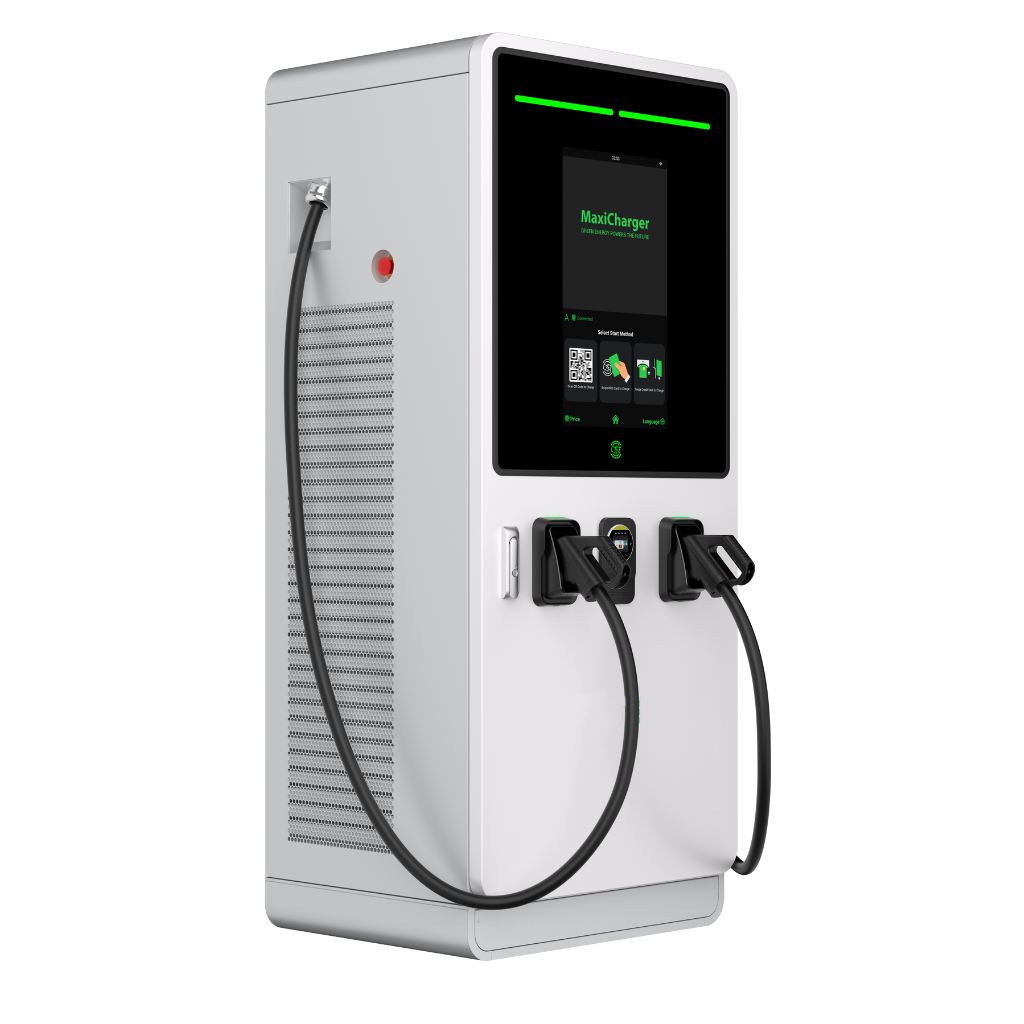Product Selector
Powering your tomorrow
Find the perfect EV Charger for you
Are you struggling to work out the best EV charger for your requirements? We have created a helpful product selector tool to take the stress out of finding the right EV charging solution for you. Answer the questions below and the best-suited products will be suggested for you. To discuss your options further, contact our friendly team on 0330 058 7144 or email [email protected].
NEXT DAY DELIVERY
FIND YOUR NEAREST STOCKIST
Our EV charging points are available nationwide in over 800 electrical wholesale branches. With next day delivery, our charge points are ready when you are.





















